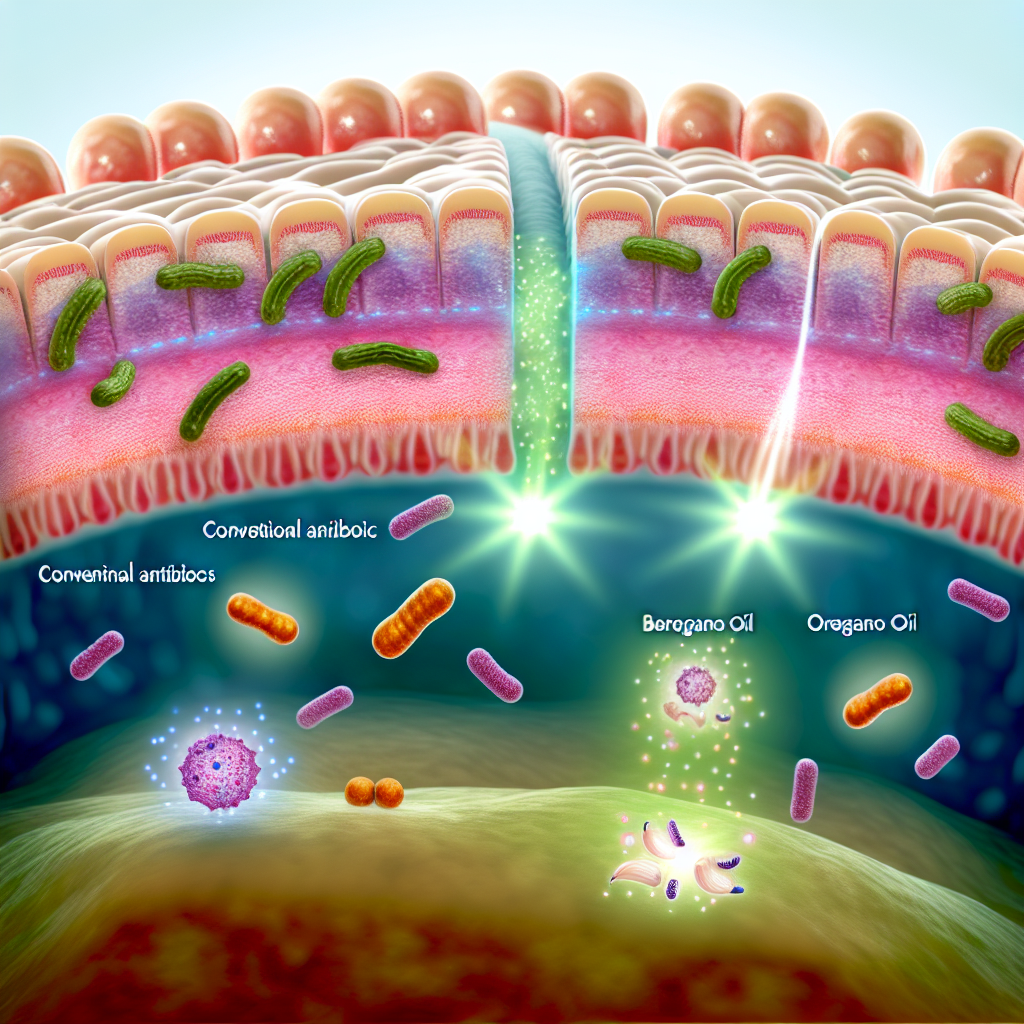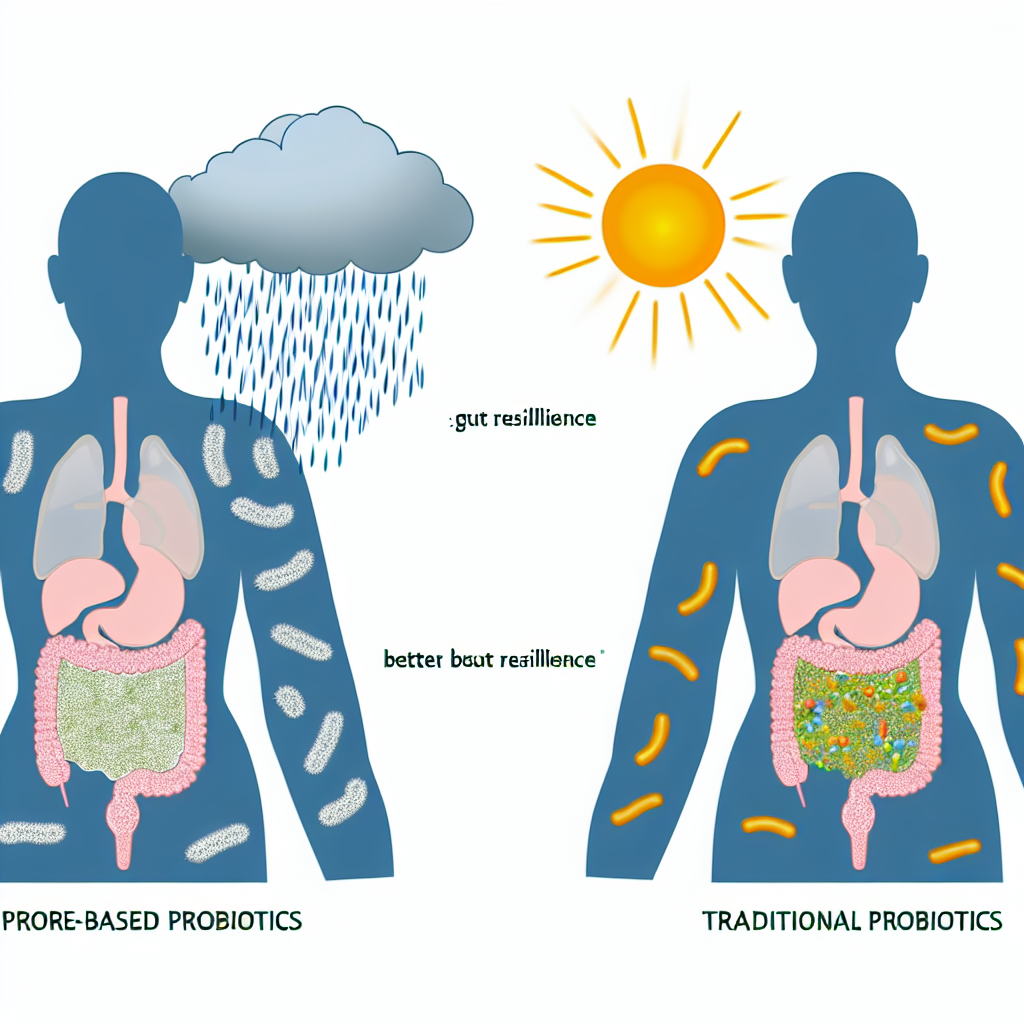The gut microbiota and good skin have intricate connections, although the precise processes are currently under investigation. Below is an analysis of this emerging discipline:
The Relationship Between Microbiomes:
Two Essential Components: Both the gastrointestinal tract and the integumentary system possess microbiomes populated by many bacteria, viruses, and fungi. These microorganism populations have crucial functions in preserving general well-being.
The gut-skin axis is an intricate communication channel that connects the gut with the skin. This bidirectional communication system could potentially impact the relationship between the gut microbiome and skin health.
Potential Advantages of a Well-functioning Gut Microbiome for Skin:
The gut microbiota seems to impact the well-being and operation of the epidermal barrier. This barrier protects against harmful microorganisms, controls the moisture level in the skin, and plays a role in maintaining the skin’s overall health.
The gut microbiota can modulate the immune system, potentially impacting the skin’s response to inflammation and irritation. An equilibrated gut microbiota may facilitate a more tranquil immune reaction in the skin.
The gut microbiome contributes to nutrition absorption and metabolism.
The gut microbiome contributes to nutrition absorption and metabolism. These processes can indirectly influence skin health by ensuring that the body has the essential components required for the development of healthy skin cells.
Potential Effects of Dysbiosis in Gut Microbiome on Skin:
Skin Conditions: Several studies indicate a correlation between imbalances in the gut microbiota and specific skin conditions such as eczema, psoriasis, and acne. Nevertheless, further investigation is required to validate cause-and-effect associations.
An imbalanced gut microbiota might contribute to chronic inflammation, which may emerge in the skin as conditions such as rosacea or exacerbate preexisting inflammatory skin problems.
Optimizing the Gut Microbiome for Skin Health:
Nutrition: Consuming a well-balanced diet high in fiber, fruits, vegetables, and prebiotics (substances that support beneficial bacteria) can enhance the health of the gut microbiome.
Probiotics: Ongoing research indicates that probiotic supplements containing particular strains of beneficial bacteria may have potential benefits. Nevertheless, it is imperative to seek the advice of a medical professional before consuming any dietary supplements.
Lifestyle Habits: Adequate sleep, effective stress management, and consistent exercise can all positively impact the gut flora and promote overall well-being.
The study of the relationship between the intestines and the skin is a recently developed area of inquiry.
Key Factors to Take into Account:
Emerging Field: The study of the relationship between the intestines and the skin is a recently developed area of inquiry. Further research is required to comprehend the intricate interplays and establish conclusive cause-and-effect associations comprehensively.
Individuality: Each individual’s gut microbiota is distinct, and its influence on skin health may differ based on individual circumstances.
Below are a few sources that provide additional information:
The Skin Microbiome Project is a research initiative conducted by the National Institutes of Health (NIH). For further information, please visit the following link: https://www.niams.nih.gov/unraveling-role-skin-microbiome-health-and-disease
The American Academy of Dermatology has published an article titled “The Microbiome and Your Skin,” which discusses a new strategy that utilizes the microbiome to treat skin diseases. The article can be found at the following link: https://www.aadmeetingnews.org/aad-2023-annual-meeting/article/22766901/new-approach-uses-microbiome-to-treat-skin-disease
It is advisable to seek the advice of a doctor or dermatologist to address your skin issues and create a customized plan for maintaining optimal skin health. They can consider variables such as your overall well-being, preexisting dermatological diseases, and any medications you are currently prescribed.

Dominic E. is a passionate filmmaker navigating the exciting intersection of art and science. By day, he delves into the complexities of the human body as a full-time medical writer, meticulously translating intricate medical concepts into accessible and engaging narratives. By night, he explores the boundless realm of cinematic storytelling, crafting narratives that evoke emotion and challenge perspectives.
Film Student and Full-time Medical Writer for ContentVendor.com




